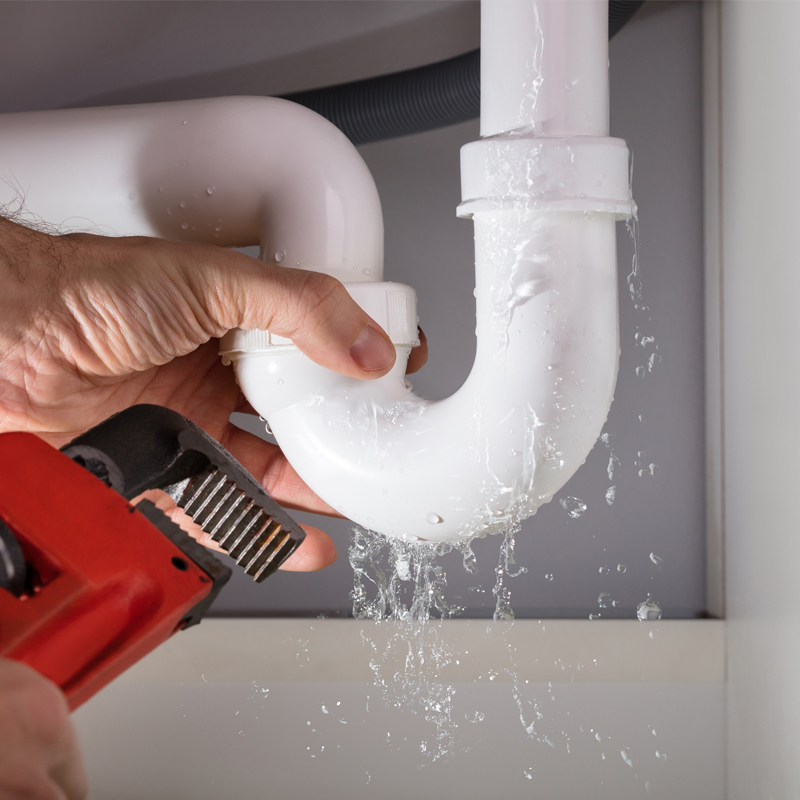Sure, DIY projects can be a cost-effective and rewarding way to make home improvements, but there are certain types of plumbing and heating DIY that should never be attempted. Extensive training, knowledge and experience is paramount to ensuring plumbing and heating tasks are carried out safely and correctly. In this month’s blog, we look at the types of plumbing and heating projects that are best left to the professionals:
Working with natural gas is potentially dangerous and should never be attempted by someone who isn’t trained or experienced. Gas leaks can cause fires and explosions and therefore pose extreme health risks. For this reason, it is illegal for someone who is not Gas Safe Registered to fit a gas appliance or carry out any other type of gas works. If you require a gas installation, repair, or replacement, contact us to book an experienced, Gas Safe Registered plumber visit your home.
Boilers are one of the most complex components of a home’s heating system, requiring expert knowledge to install and maintain. Improper installation or repairs for a boiler can lead to inefficient heating, water leaks, or even carbon monoxide leakage. Remember, it is a legal requirement for anyone working on gas boilers and appliances to be Gas Safe Registered. Our certified boiler professionals are trained to handle any installations and repairs for boiler systems, ensuring your home stays warm throughout the imminent winter.
Issues with sewers are not only unpleasant but also challenging to pinpoint and resolve. Attempts to repair sewer lines yourself can lead to contamination of your property, structural damage, and the release of harmful (and quite frankly disgusting!) pathogens. Using specialist equipment such as sewer cameras, our fully-trained plumbing engineers can locate and repair issues without causing further damage or health risks.
It goes without saying that water heaters are essential for modern living. but if installed improperly, they will pose various hazards. Issues such as gas leaks, electrical issues, or scalding hot water can occur if not handled by a heating engineer with the right training and expertise. A water heating system must be installed by a competent engineer and the unit must hold less than 30 litres. If it holds more than 30 litres, the engineer working on the installation must hold a G3 qualification, which is for Unvented Hot Water. Ensure that your water heater is correctly installed, and is safe and energy efficient by only having it installed by an experienced heating professional.
Any repiping in the home requires a deep understanding of plumbing and heating systems. Leaks, reduced water pressure, and costly repairs further down the line are all common outcomes of DIY repiping. It’s best to leave this type of project to an experienced plumber.
The potential for danger, damage, and costly repairs make it imperative to hire licensed and experienced professionals for plumbing and heating work at home. If you considering any of the plumbing and heating DIY tasks mentioned above, contact our friendly team to book an engineer visit instead of attempting it yourself. This will ensure your home’s safety, efficiency and functionality.
